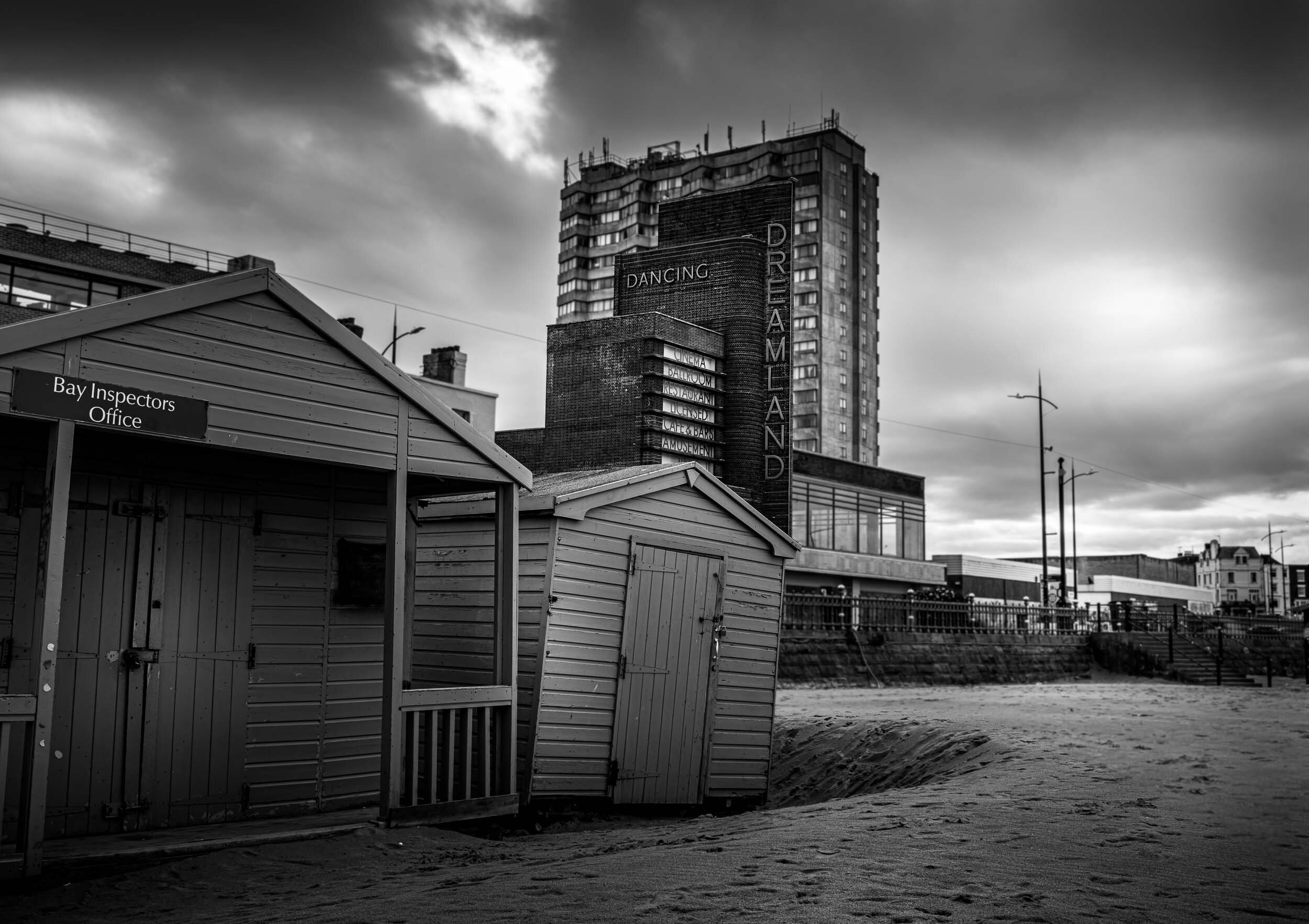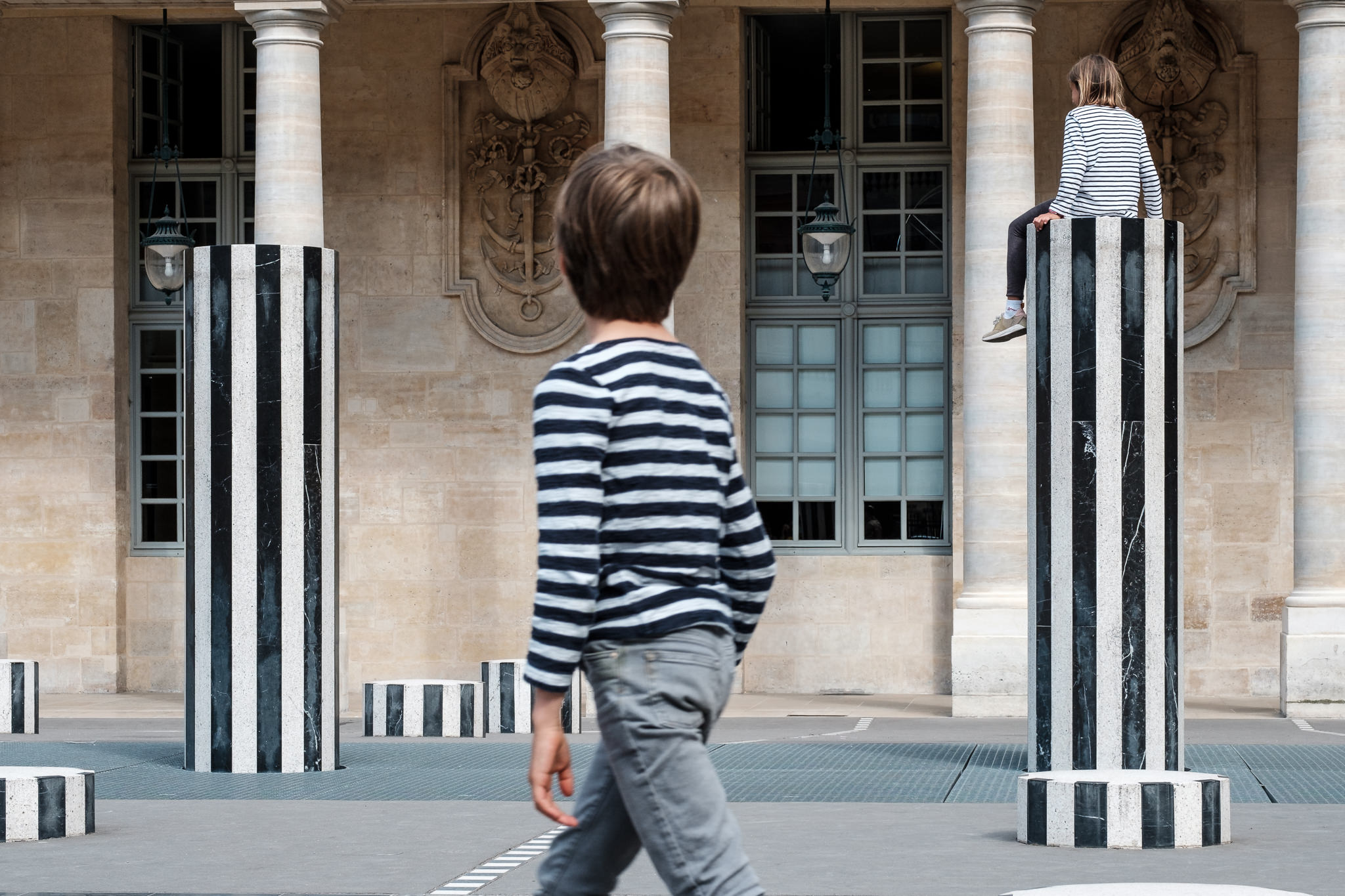The Basic Principles Of Street Photographers
The Basic Principles Of Street Photographers
Blog Article
The 9-Minute Rule for Street Photographers
Table of ContentsThe 8-Second Trick For Street PhotographersThe Single Strategy To Use For Street PhotographersUnknown Facts About Street PhotographersStreet Photographers Can Be Fun For AnyoneMore About Street Photographers
, a category of digital photography that records day-to-day life in a public location. The actual publicness of the setup enables the photographer to take candid photos of unfamiliar people, commonly without their understanding. Street photographers do not always have a social function in mind, yet they like to separate and capture minutes which might otherwise go undetected.He was influenced by several of those that influenced the street professional photographers of the 1950s and '60s, he was not primarily interested in catching the spirit of the road., who functioned side by side with professional photographers trying to record the significance of urban life.
Due to the relatively primitive modern technology readily available to him and the long exposure time needed, he had a hard time to capture the stress of the Paris roads. He tried out with a collection of photographic techniques, attempting to discover one that would certainly allow him to capture motion without a blur, and he discovered some success with the calotype, patented in 1841 by William Henry Fox Talbot. As opposed to Atget, professional photographer Charles Marville was employed by the city of Paris to produce an encyclopaedic file of Haussmann's city preparation task as it unravelled, hence old and new Paris. While the professional photographers' subject was essentially the same, the outcomes were substantially different, demonstrating the influence of the digital photographer's bent on the personality of the images he generated.
Get This Report on Street Photographers
Given the fine high quality of his photographs and the breadth of product, engineers and artists frequently bought Atget's prints to utilize as referral for their own job, though commercial rate of interests were barely his major inspiration. Rather, he was driven to photograph every last remnant of the Paris he loved.

Unlike his peers, Brassa utilized a larger-format Voigtlnder electronic camera with a longer direct exposure time, compeling him to be much more computed and thoughtful in his method than he could have been if making use of a Leica.

Not known Details About Street Photographers
It is due to this basic understanding of the art of photo taking that he is often credited with finding the medium throughout again roughly a century considering that its invention. He took pictures for greater than a half century and affected generations of photographers to trust their eye and intuition in the minute.
These are the questions I shall attempt to respond to: And then I'll leave you visit this page with my very own definition of street photography. Yes, we do. Allow's kick off with defining what a definition is: According to it is: "The act of defining, or of making something certain, distinctive, or clear".
No, definitely not. The term is both limiting and misguiding. Appears like a street photography should be photos of a streets ideal?! And all road digital photographers, other than for a handful of absolute beginners, will fully value that a road is not the key element to street photography, and actually if it's a photo of a street with maybe a few dull individuals doing nothing of passion, that's not street photography that's a photo of a road.
Street Photographers Fundamentals Explained
He makes a valid point do not you think? While I concur with him I'm not sure "honest public photography" will certainly capture on (although I do kind of like the term "honest digital photography") since "street photography" has actually been around for a long time, with many masters' names connected to it, so I think the term is right here to remain. Street Photographers.
Inside?! I hear you shout as you shake your hand to the skies. Why not? You can fire at the beach, at a festival, in a street, in a park, in a piazza, in a cafe, at a museum or art gallery, in a city station, at an occasion, on a bridge, under a bridge ...
Yes, I'm worried we have no choice! Without guidelines we can not have a definition, and without an interpretation we don't have a genre, and without a style we don't have anything to specify what we do, and so we are stuck in a "guidelines definition category" loop! And no-one wants to obtain stuck in a loop. - Street Photographers

Report this page